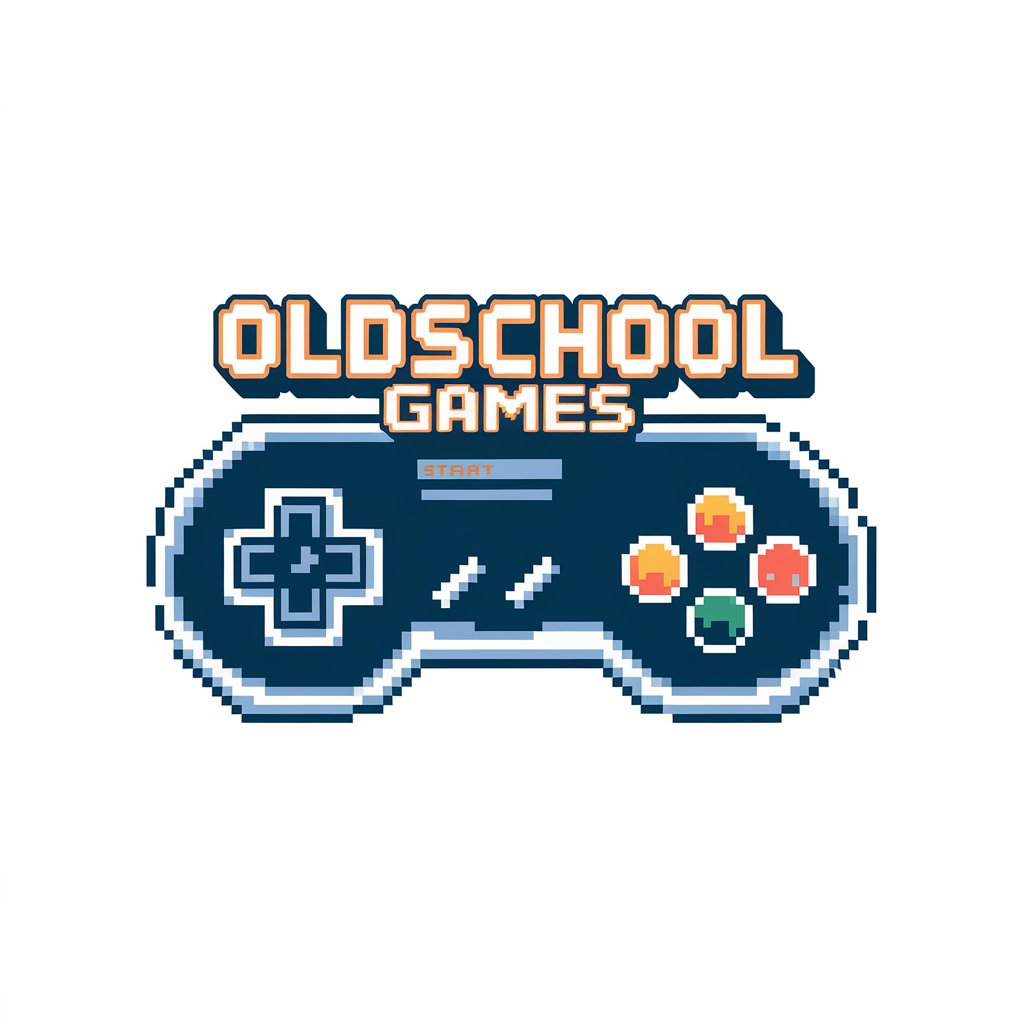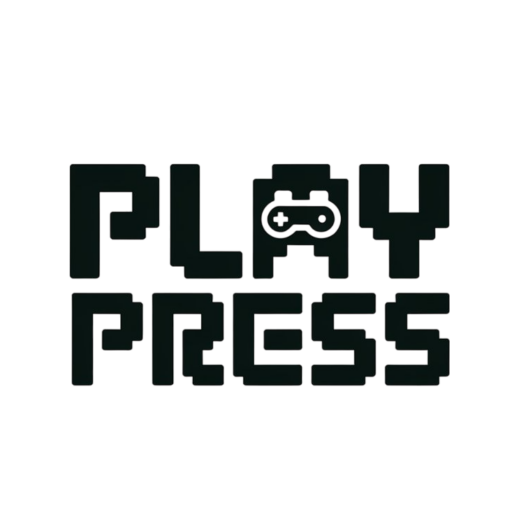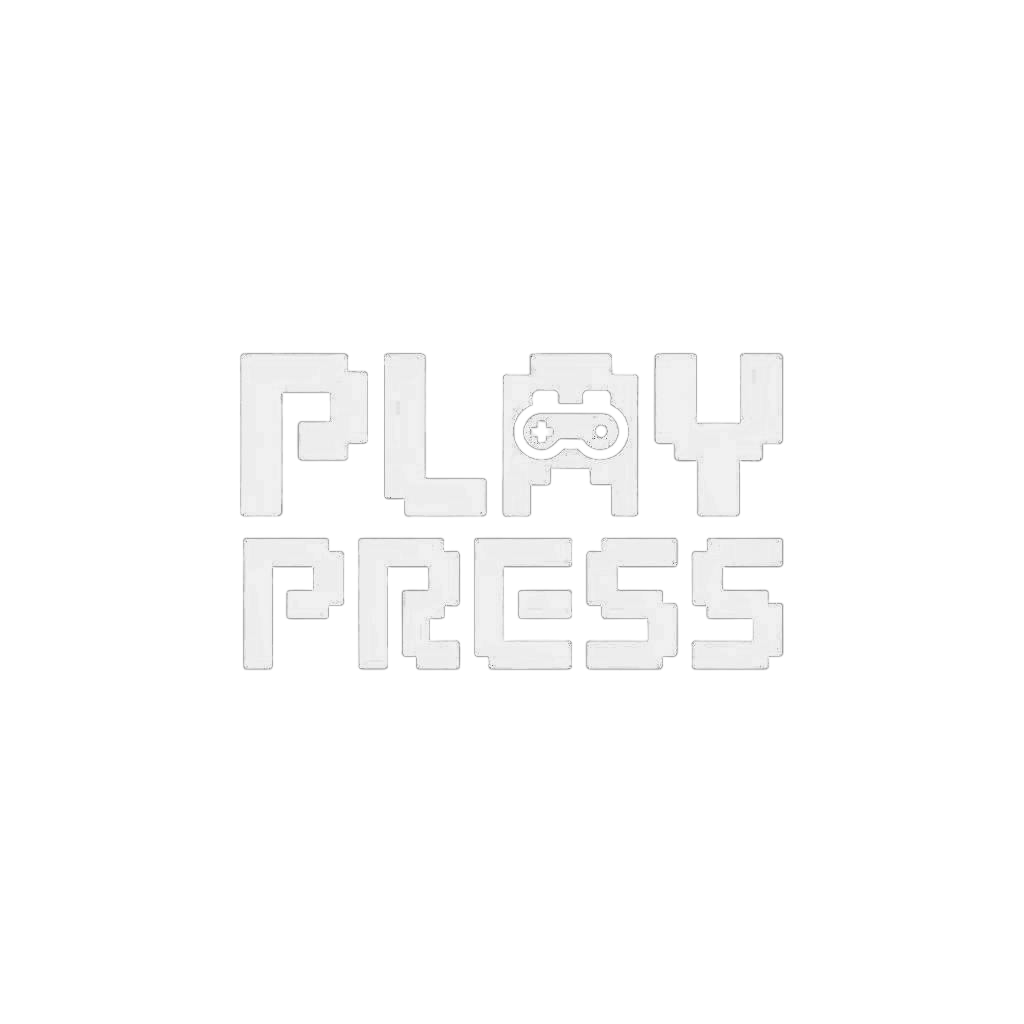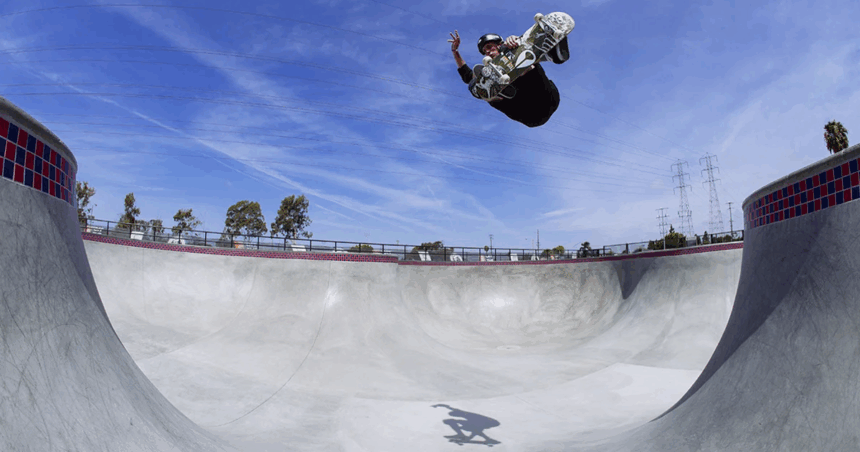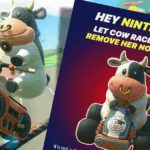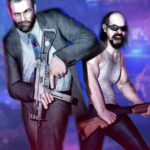Most of us don’t decide our lifelong-career when we’re nine years old – but then again, most of us aren’t Tony Hawk. Born in San Diego, California in 1968, an elementary school age Tony was first drawn to skating while watching his 21-year-old brother. “I was nine years old and my older brother was skating in the alleyway,” Hawk recalls of the first time he saw a board, ” I asked him if I could ride it and he said, yeah, but you can only ride that board over there – and his old board became my first skateboard.”
Despite the 12 year age difference, a tiny Tony quickly became obsessed with his new hand-me-down. “I overtook [my brother] within the first year,” he tells me, with a grin. Riding his tattered board every day to school, it was love at first skate. Yet once he made his way down to the local skate park, Hawk’s battered board was no longer just a fun replacement for the school bus, it was an all-consuming passion.
“Once I got to the skate park and saw the possibilities, that’s when I was all in,” Hawk recalls,”I turned pro when I was 14, but back then, that just meant that when I filled out an entry form to a competition, instead of checking the amateur box, I checked the pro box, and I was competing for $100 first place prize money. It didn’t seem like a life career choice at the time.”
While skateboarding was achingly cool in the 70s, by the late 80s and early 1990s, its popularity had begun to wane. With Hawk doubling down on the more niche vert skating – a skating style defined by half pipes and pulling off gravity-defying aerial feats – he tells me that he was only just scraping a living.
“I was trying to make a career as a pro skater,” Hawk recalls, “X Games was starting to rise. I was doing some exhibitions, but mostly, I was doing guest appearances at inline shows. They would have a team rollerblade exhibition, and then they would be like ‘andddd special guest star Tony Hawkkkk!’, and honestly, that paid the bills.”
Briefly appearing as a skating stunt double for the other famous Tony – Tony the Tiger – in a wonderfully 90s 1991 Kellogg’s ad, by age 23, Hawk began to wonder if his career had already peaked. “Things were getting to a point of more stability, but they were still shaky in terms of trying to make a living,” he tells me, “So, when Activision called me, I didn’t really have anything to lose. I was super excited to work on a game, so I totally immersed myself in it – the gameplay, the characters, the look, the culture, the tricks, the music – everything.”
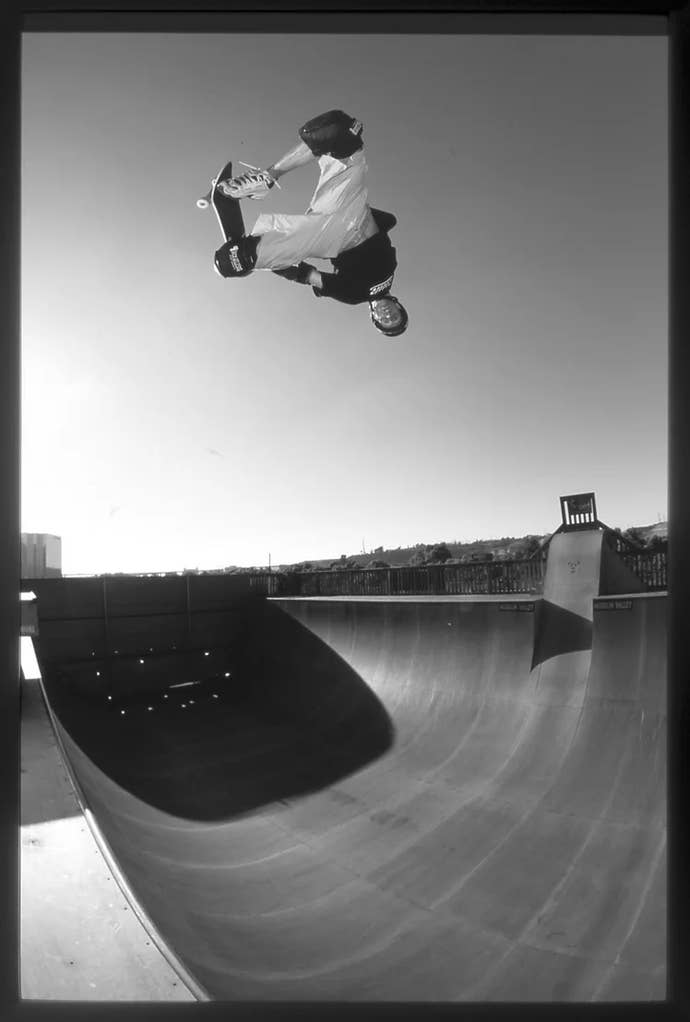
Despite his career lull, Hawk shrewdly saw that with his name literally on the game, he had all the leverage. “I was never concerned about Pro Skater flopping,” Hawk explains, “In fact, I made sure [it didn’t]. I demanded that anything with my name on I have final approval over – and that was not something they were used to… not something that people generally could leverage, especially in my position. But I felt like my track record spoke for itself, and they agreed.”
In 1999, Tony Hawk’s Pro Skater ollied its way into the world, becoming an instant hit. Thanks to its all-star cast of playable skaters, killer-hand-picked soundtrack and tight and endlessly compelling gameplay loop, Tony Hawk’s Pro Skater didn’t just feel like a cheap tie-in, it was effortlessly cool. Racking up 350,000 sales in its first year in the US alone, by the end of 2001 Tony Hawk’s Pro Skater had sold 3.5 million units – becoming a mainstay in teenage bedrooms across the globe.
“I’m proud of everything we did there,” Hawk says, on his relationship with Activision,”there really wasn’t a time where they were trying to force something on me that I didn’t think reflected skateboarding well.”
With the popularity of touring punk rock and skate boarding events like Warped tour, skateboarding-filled TV shows like Jackass, and the massive prevalence of skateboarded-filled nu metal music videos, skating boarding was suddenly cool again. As the noughties marched on,Tony Hawk was no longer playing second fiddle to rollerbladers – he was the main event.
“The evolution of our sport and our types of music reaching into the mainstream was definitely helped by warped tour, X Games and just bands that were in the culture,” agrees Hawk, “There was a rising tide, rising all boats at the time, and then when our video game hit, I think that was the tipping point.”
With Tony Hawk’s Pro Skater spawning 19 games and generating over $1.4bn dollars in revenue, these once unassuming video games changed the face of pop culture forever. With skateboarding now an Olympic sport, the words ‘skateboarder’ and ‘Tony hawk’ are so synonymous that even your grandmother knows the birdman. It’s a legacy that Hawk is all too aware of, his immortalised polygonal avatar living longer in the memory than his real face.
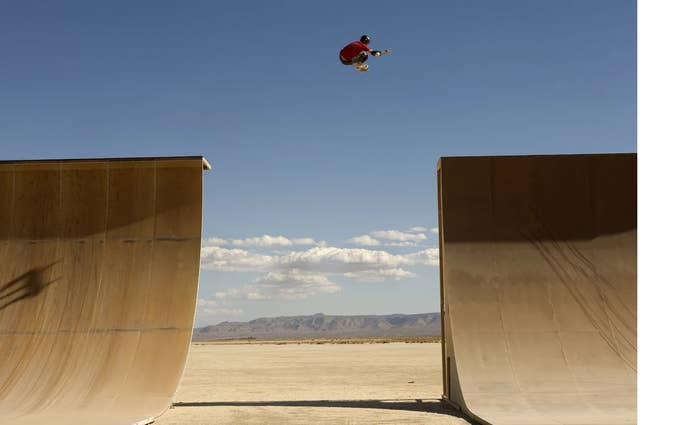
“My name is not just about me as a person anymore, it’s synonymous with a video game,” Hawk reflects, “So, sometimes that separation is not clear. A lot of times people see me and they expect to see me at the age that they’re playing me in the game.. But, time keeps passing. It’s funny, because I can see it sometimes in their faces, where it’s like, “that’s him, but he can’t be old”… but, that’s what happens!”
It’s a reality that’s launched a hundred self deprecating tweets, with Hawk’s jokes about being half recognised in public now the stuff of internet legend. “Watch what you wish for, because I’ve shared so many of those stories that now, half the time people will say it in jest and sometimes I can’t tell, and that’s when it gets frustrating…”
Another cruelty of the passage of time is that now, Hawk’s own children are in danger of surpassing him, just like a nine year old Tony did with his older brother. “Riley Hawk has his own success in skating, but he followed a different path than I did,” Tony explains, of his eldest son, “He has his own fan base, so he deserves to be in [the new Pro Skater games]. We have four other boys – all in their 20s – that all skate as well. I love that they do – but honestly? When we all travel together, they want to skate more than I do.”
There are very few people who manage to become immortalised in the cultural pantheon, as a larger than life pop culture figure, to the extent that Tony Hawk has. Let alone extreme sports stars who earn their own branded PlayStation game. For Hawk, however, he doesn’t have the time to concern himself with matters of legacy. He just wants to keep skating. “I’m just thankful to still be able to skate at my age, so I don’t really think of it in any loftier terms than that,” he reflects. “To live in this time and space where skating has permeated so much of the world and so much of mainstream culture, and the idea that I still get to do it for a living…it’s all just beyond a dream come true, and I’m just incredibly thankful.”
